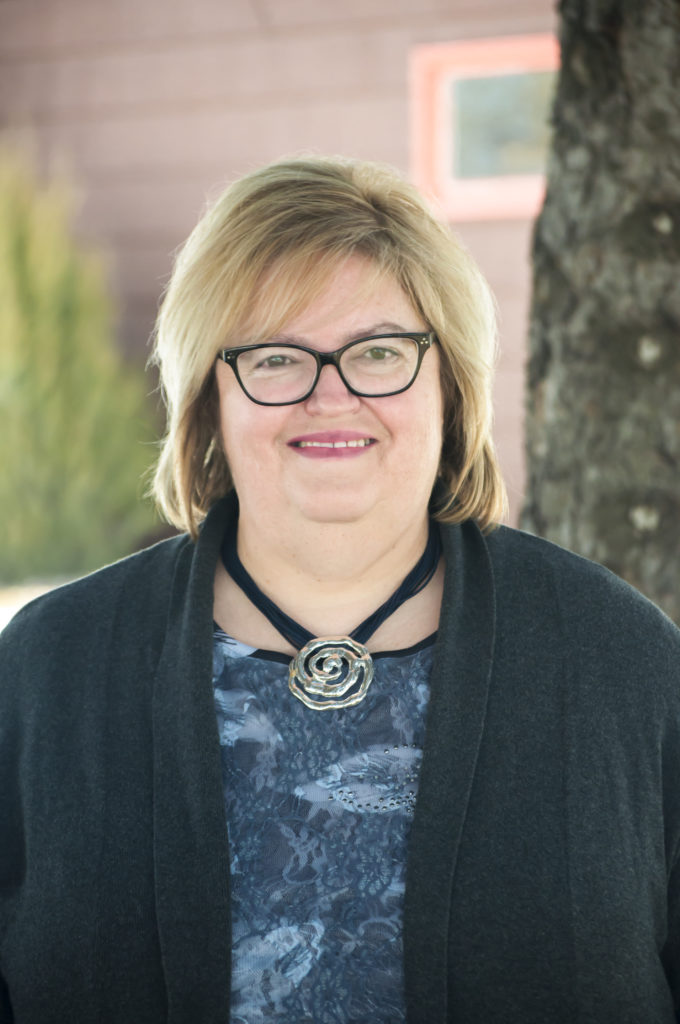
Communities like Immanuel offer an option for seniors who either want to live in community or can no longer take care of themselves in the way they’d like. But there are thousands of seniors across the Flathead Valley and even more across the United States who prefer to stay at home, and that means a lot of family members end up caring for their aging spouses, parents, and other loved ones. Most family members are happy to provide this care. However, many have very little training and sometimes, they don’t get the support they need to offer care to their loved one and take care of themselves in the process.
According to the Eldercare Workforce Alliance, “Family caregivers need more recognition, training, and support in order to provide high-quality care to their loved ones and maintain their own health and well-being.” Immanuel tackles this problem head-on. Because we want to be a resource for all seniors in our valley, not just those who live here, we regularly run a Caregiver Education class for anyone interested in gaining more knowledge about and support for looking after a loved one. Right now, Carla Wilton, the Executive Director of Buffalo Hill Terrace, is offering her class on local radio station KGEZ. There are two sessions left, and you can hear them on Wednesdays at 12:45pm. To listen to previously-recorded broadcasts, go here.
I talked with Carla about what she thinks are the most pressing challenges for caregivers and about what you can do to help make both your and your loved one’s lives run as smoothly as possible. The biggest challenge, Carla says, is that family caregivers often feel strong emotional attachment to the person they’re caring for. While those of us who work in senior living care about the residents we serve, we don’t have anything like the level of personal attachment felt by a spouse or child. This emotional attachment means not only that caregivers struggle with seeing their loved one in pain but also that it can be hard to make choices the care receiver doesn’t like, even when the caregiver knows it’s best.
And emotional attachments aren’t always simple—or positive. If a person is caring for someone with whom they have negative history or unresolved conflict, caregiving can be very difficult indeed. Family members might care for each other out of obligation rather than genuine desire, and in these cases caregivers have a lot of emotions to work through.
Even where relationships are positive, people in a caregiving relationship have a different kind of intimacy than they previously had. Caregiving is also a role change, and in some cases, such as a child caring for a parent, it’s an outright role reversal. And the caregiver might be taking on other roles they’ve never done before, like paying bills or making sure housework or yardwork gets done. Since the care receiver can already feel powerless because of their health situation, the caregiver has to negotiate both their own emotions and those of the person they’re caring for.
Of course, this is a lot to handle, and Carla notes that it’s natural for caregivers to feel overwhelmed. It’s more than okay to ask for help—in fact, it’s vital. Because caregivers are often very competent people who appear to have everything together (many times, that’s why they end up with the caregiving role!), others won’t necessarily see that they need help. So, if you’re a caregiver who needs assistance, you’ll probably have to ask. Carla recommends starting by making a list of the things you need. Then, identify people in your existing network who might be able to help with those things. Family, friends, and faith communities are all great places to start. For example, if you need someone to stay with the person you’re caring for while you run errands or just have some time to yourself, you might set up regular times when a friend can both visit your loved one and give you a break. Or, if lawn maintenance is what you need, you might have a relative who has the tools and skills to help you with that. It’s a matter of figuring out what you need and whom you know who might be able to fill that need. Often, family and friends really want to help, so if you ask, chances are they’ll say yes.
Of course, your network may not be able to fill all of your needs, so the next step is to figure out where else you should look for help. In the Flathead Valley, the Area IX Agency on Aging is a great resource. They provide some respite care resources, and they can help direct you to additional paid providers. You can also check the United Way Answer Book—a document full of resources for all kinds of situations in which local residents find themselves. And Immanuel can help too. Even if our services aren’t right for your family, our staff is happy to help direct you to others who can help. We care about all area seniors, and we want caregivers to have the support they need.


